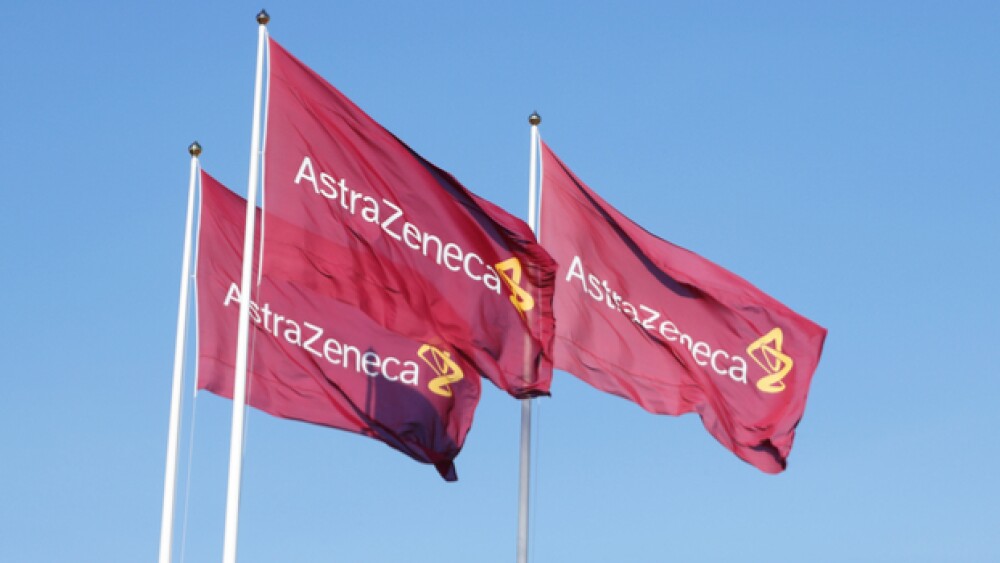AstraZeneca will give up on seeking approval for its COVID-19 vaccine in the United States. It is also abandoning three early-stage programs.
Courtesy of Roland Magnusson/Getty Images
AstraZeneca will give up on seeking approval for its COVID-19 vaccine in the United States, the company announced during its third-quarter report. It is also abandoning three early-stage programs.
Those programs are AZD5591, an MCL1 inhibitor for hematological malignancies, MEDI1191, an Interleukin 12 (IL-12) mRNA therapeutic on which it partnered with Moderna for solid tumors and MEDI8367, which was being developed for chronic kidney disease.
AZD5991 was placed on clinical hold in Oct. 2021 over safety concerns. It was being evaluated in patients with relapsed or refractory hematologic malignancies. The drug is a direct inhibitor of MCL1, a well-known driver of drug resistance. It was being evaluated in combination with Roche’s venetoclax in relapsed or refractory acute myeloid leukemia (AML) and as a monotherapy.
AstraZeneca returned the rights to MEDI1191 to Moderna earlier this month. It was being developed by AstraZeneca with anti-PD-L1 checkpoint, durvalumab, in advanced solid tumors.
MEDI8367 is an antibody against human integrin β8, which inhibits TGFβ. The compound began a trial in April 2020, according to ClinicalTrials.gov, which was completed on Jan. 3, 2021. Blocking TGFβ is known to have serious adverse events with little efficacy at safe doses. AstraZeneca was trying to develop the drug in a more targeted fashion to decrease adverse events.
BioSpace has reached out to AstraZeneca for comment but had not heard back as of press time.
COVID-19 Vaccine
AstraZeneca has officially abandoned efforts to get the COVID-19 vaccine it developed with the University of Oxford approved in the U.S.
Although the vaccine was one of the first to be developed and was quickly given emergency approval in the U.K., Europe and more than 100 other countries, it was never authorized in the U.S.
AstraZeneca CEO Pascal Soriot told investors the application had become large and complicated and the company’s regulatory staff could better spend their time, energy and resources elsewhere. He also noted that demand in the U.S. for the vaccine was low, with four other available vaccines in the country.
Overall, AstraZeneca reported a 37% increase in total revenue to $33.144 billion for the quarter, with growth in all disease areas. Oncology total revenue jumped 24%.
“The emerging markets are growing tremendously, and we have a tremendous presence in these countries,” Soriot said during the conference call.
As has been the case this earnings season, the Inflation Reduction Act was raised during the conference call. The IRA contains several key provisions that will directly impact drug pricing.
Dave Fredrickson, EVP, oncology for AstraZeneca, said the IRA “adds some complexity to the timelines”, determining whether to focus on small molecules or biologics and on which countries it will prioritize.
“The clock starts once you get approval” and the way in which that affects timelines and geographies “is one of the problems we have with the Inflation Reduction Act,” Soriot added.





